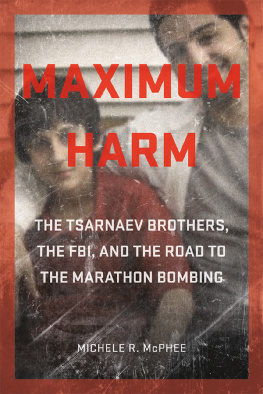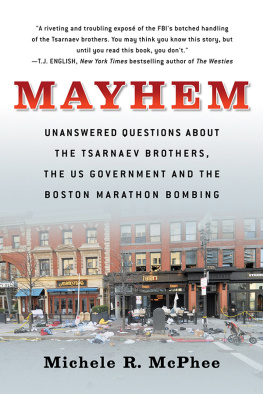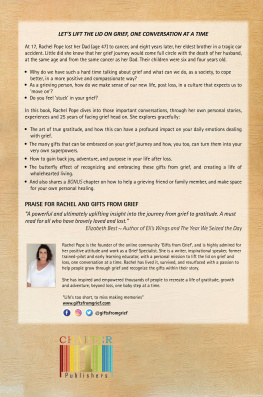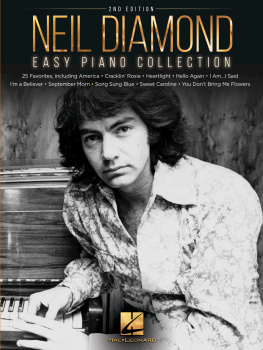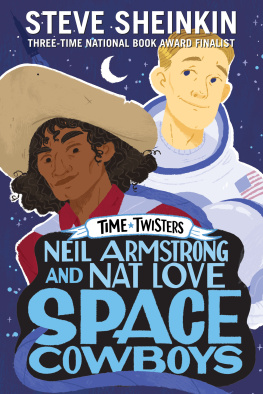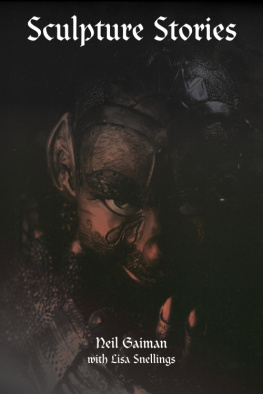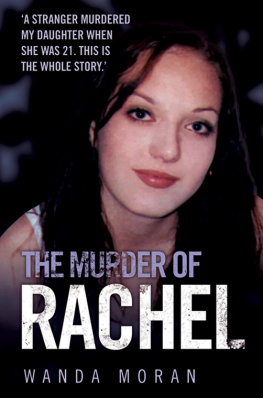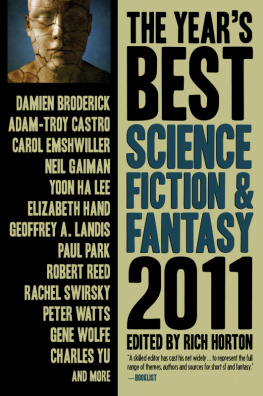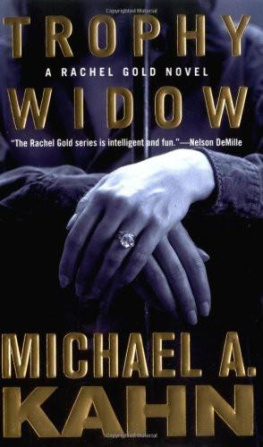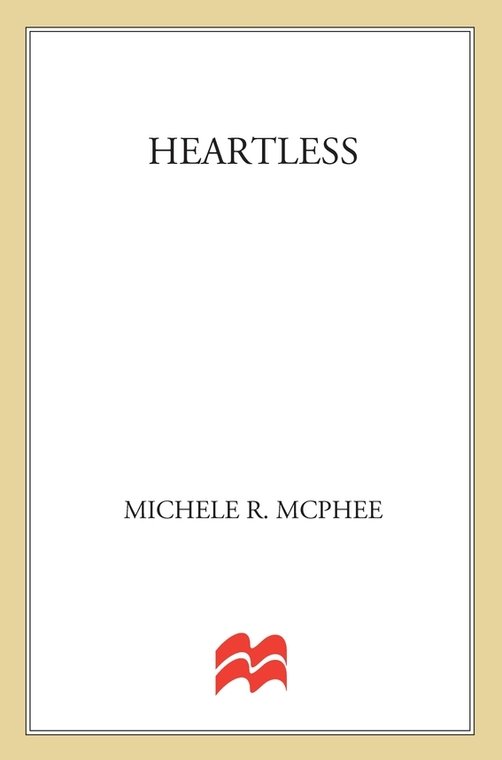I WOULD LIKE TO thank Charles Spicer at St. Martins Press for offering me the chance to break into a house with such a distinguished stable of stalwart true crime writers. Thanks to his co-editors Michael Homler and Allison Caplin.
I have enormous gratitude for my agent, Jane Dystel, who did all the hard work of banging down doors to get this book published, all while remaining unceasingly patient with an attention-spanchallenged, full-time tabloid reporter.
Dave Wedge, my former colleague at the Boston Herald , did an incredible job helping me find the obvious flaws in this book and researching the stories that formed the criminal backdrop and the political landscape of the Massachusetts justice system at the time of these murders.
This book would not have been possible without the dogged reporting of other Herald staffers, including Laurel J. Sweet, Maggie Mulvihill, Tom Mashberg, Joe Dwinell, Lisa Drueke, John Strahinich, andJoe Sciacca. All of them helped by providing information, or the time to scare some up.
Spiros Motsenigos also offered valuable insight and a willingness to read pages on planes, trains and treadmills when asked.
I must also thank my honorable, distinguished and dear friend Norman Knight for his incessant encouragement.
Finally, special appreciation is offered to my parents, Bruce and Sheila. My godparents, Joan and Dick, are wonderful, as are my sisters, Shannon and Erin. Thanks also to my cousins Chris and Cliff, who are more like brothers, and friends who are extended family, including the Capogreco clan.
And of course I have to recognize Bobby D.
IT IS SAID THAT men look for their mothers when they marry. That certainly seemed true of Neil Entwistle.
His mother, Yvonne, was a moderately attractive homemaker who worked part-time as a school cook so she could be home with Neil and his younger brother, Russell. Fiercely protective, Yvonne was the type of woman whose family life remained in the home. She was not one given to gossiping over the back fence. In fact, it was quite the opposite. Located on a typical country lane in Worksop, a gritty town in the middle of England where many found it difficult to get ahead, the exterior of the Entwistles house received a fresh coat of paint every spring and had manicured lawns. Everything looked pristine on the outside, leading passersby to believe that all must have been fine on the inside as well. That was exactly the persona that Yvonne Entwistle wanted to present to her neighbors, and it was one that was not a huge jump from the truth, especially in light of her familys surroundings.
A large number of the 40,000 or so people whomake up Worksops population wander through the workaday town without the momentum of academic drive or career ambition. Government handouts are the norm, as entire generations have learned to survive off the dole. Alcoholism is common in many households, as is domestic violence and sexual abuse. But none of those problems would come near Yvonne Entwistles boys. She would not tolerate too many strangers near Neil or Russell, and was often spotted playing with her sons in the family back garden long after they had grown into tall, lanky teenagers. The sight of nearly grown men playing sports with their mum gave nosy neighbors plenty of fodder to discuss over afternoon tea.
Worksop, which is located roughly 150 miles from London and is situated on the northern edge of the fabled Sherwood Forest, was once a flourishing town where men came home dusty from a long day in the coal mines, and their wives nursed calloused fingers from their jobs in ribbon factories. It was once a proud place, a town with streets lined with neat terrace houses, where Sunday meals were served in the front best room and always included meat.
But in the 1970s, the mines were depleted of coalsand jobs. The women were out of work a decade later when the ribbon factories first became automated and then moved out of the country altogether, for China. Today, there are just a handful of coal mines. What few blue-collar jobs remain come from a plant that makes Campbells soup and bouillon cubes. As with any city that has seen its industry collapse, the infusion of poverty that follows unemployment bringsall the problems associated with it: teenage pregnancy, prostitution, violence and drug abuse. And as Neil and Russell Entwistle grew up under the watchful eye of Yvonne and their father, Clifford, who still worked the coal mines and functioned as a local Labor politician, an influx of Eastern Europeans moved into the town, leading to overcrowded schools and a burgeoning organized crime problem. The once-tidy terrace houses that made up the town in its glory days are today ramshackle, crumbling and, in many cases, menacing, slums. Worksop is certainly not one of the destinations highlighted on tourist maps of England. Unless one runs into the towns most famous resident, rock star Bruce Dickinson, a vocalist in the internationally acclaimed metal band Iron Maiden, there is not a hell of a lot to do there.
Coming from Worksop was nothing to boast about. And Neil Entwistle seldom did. In fact, he was so ashamed of his rough-as-concrete, Cockney working-class accent that he became quiet, a virtual shut-in. Much like his father, who only emerged from his shell while working as a labor union leader on the Bassetlaw District Council, Neil was reserved when speaking of his upbringing, but the truth was, he had plenty to be proud of. In a school where many of the students cant read or write, Neil Entwistles name is emblazoned on an honours plaque that hangs in the assembly hall of the Valley Comprehensive School in Worksop. To this day, the headmaster points it out to visiting parents and new teachers, exclaiming over and over, Neil Entwistle got top grades.
Those grades helped earn him admission to theUniversity of York to pursue a degree in electronic engineering and businessnoble professions that would have landed him in a world far outside of the one his father was trapped in.
It was not just financial success that Entwistles university would offer him. His academic pursuits would also provide the path he needed to meet Rachel Souza.
The couple came together in 1999 in what they would later describe as a fated meeting at a tiny boathouse dubbed Love Lane, part of the University of York campus. Rachel Souza was a pretty and petite college exchange student studying English literature, reading aloud with a clipped New England accent honed on the South Shore of Boston. Despite her five-foot stature, Rachel had long, lithe limbs shed earned as a track star at Silver Lake Regional High School in the suburb of Kingston. She would run through the crimson cranberry bogs that dotted the area around her home, each time pushing harder and harder to beat her last time. She usually succeeded. In fact, it seemed that she succeeded in nearly everything she did. She was on her high schools honor roll. She was a peer mediator. But it was her athleticism that helped make her an excellent rower. She was so good at the sport, she managed to talk her way onto the mens team of York Universitys Boat Club.
Neil Entwistle, tall, raven-haired and noticeably shy, was her teammate. Rachel found his reserved nature cute where others saw him as standoffish. She could meet his eyes when he stared toward the ground,which is where his gaze often went out of habit. Their romantic connection was forged on the icy waters of the River Ouse in the hours that they pushed off from Love Lane and rowed for hours, facing one another the entire time. Rachel was a fan of Henry David Thoreau, which made sense given the New England authors penchant for rambling through the woods and rowing along the Concord River not far from her Massachusetts hometown. Like her literary hero, it was clear to all who met her that Rachel aspired to live deep and suck all the marrow out of life. At first blush, Neils enthusiasm for rowing and his furrowed, scholarly brow must have reminded her of the type of man Thoreau describes in his writing, one who worked to elevate his life by conscious endeavor. Their shared enthusiasm for the outdoors, coupled with the serenity that came with repeated oar strokes along the river, helped give their love the perfect launching dock.


